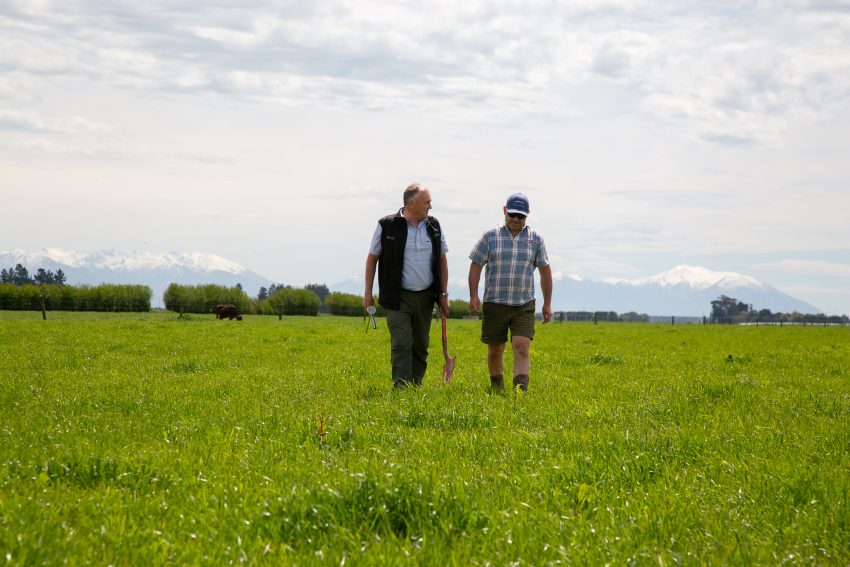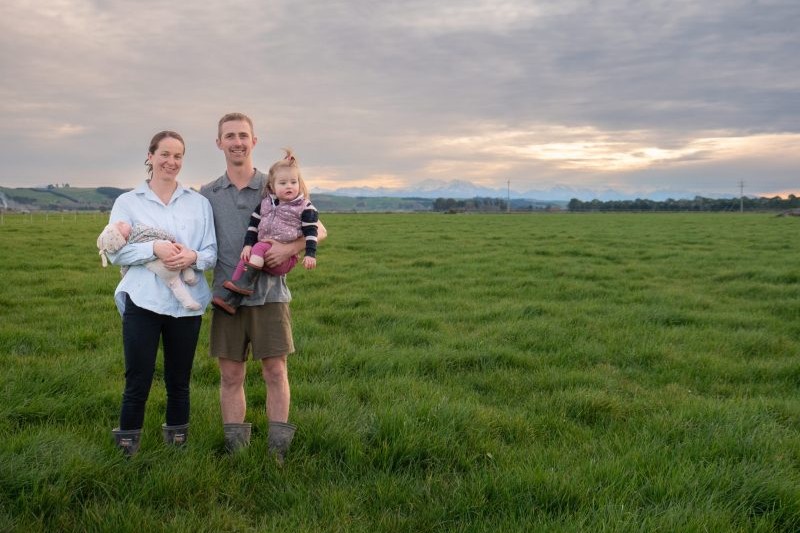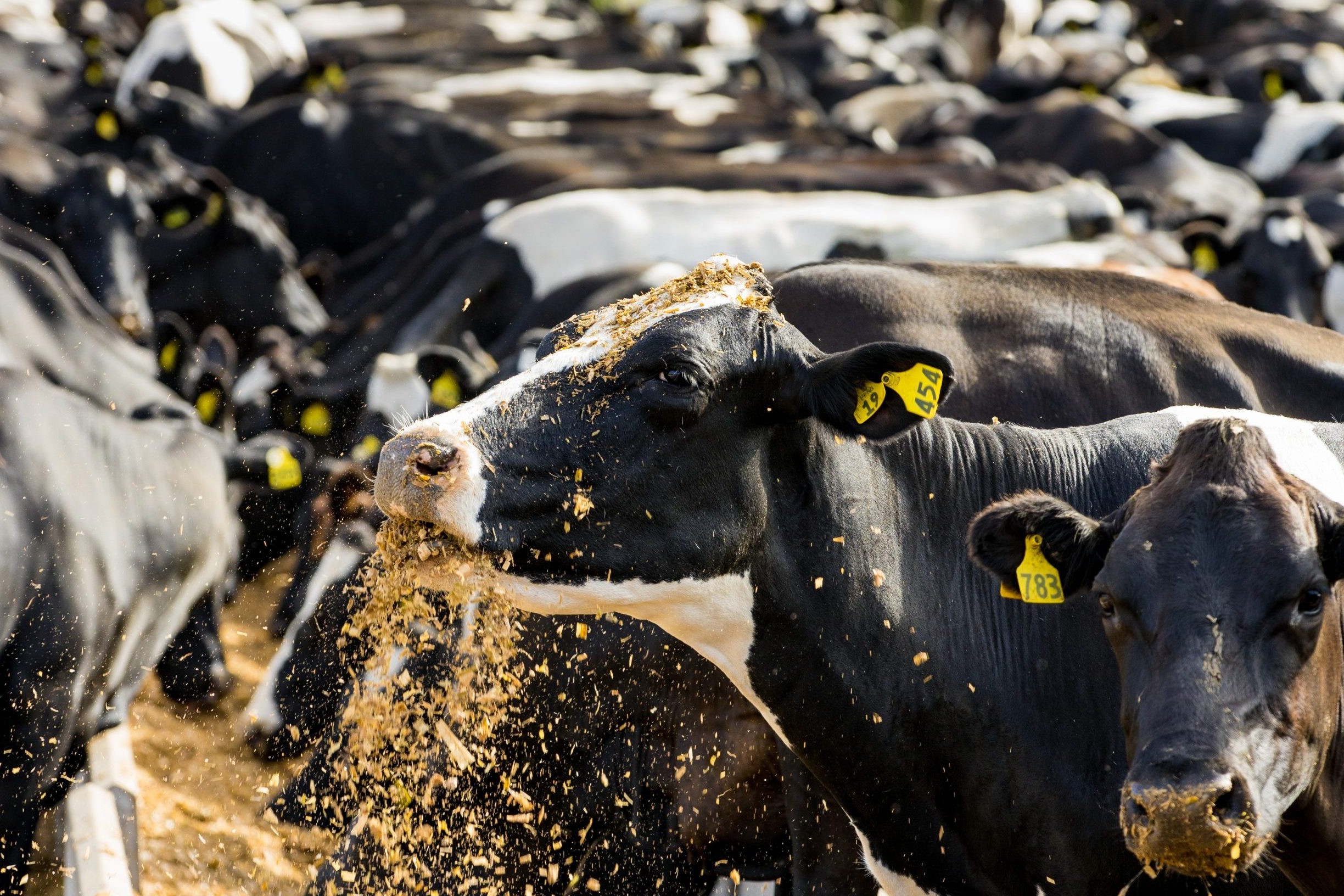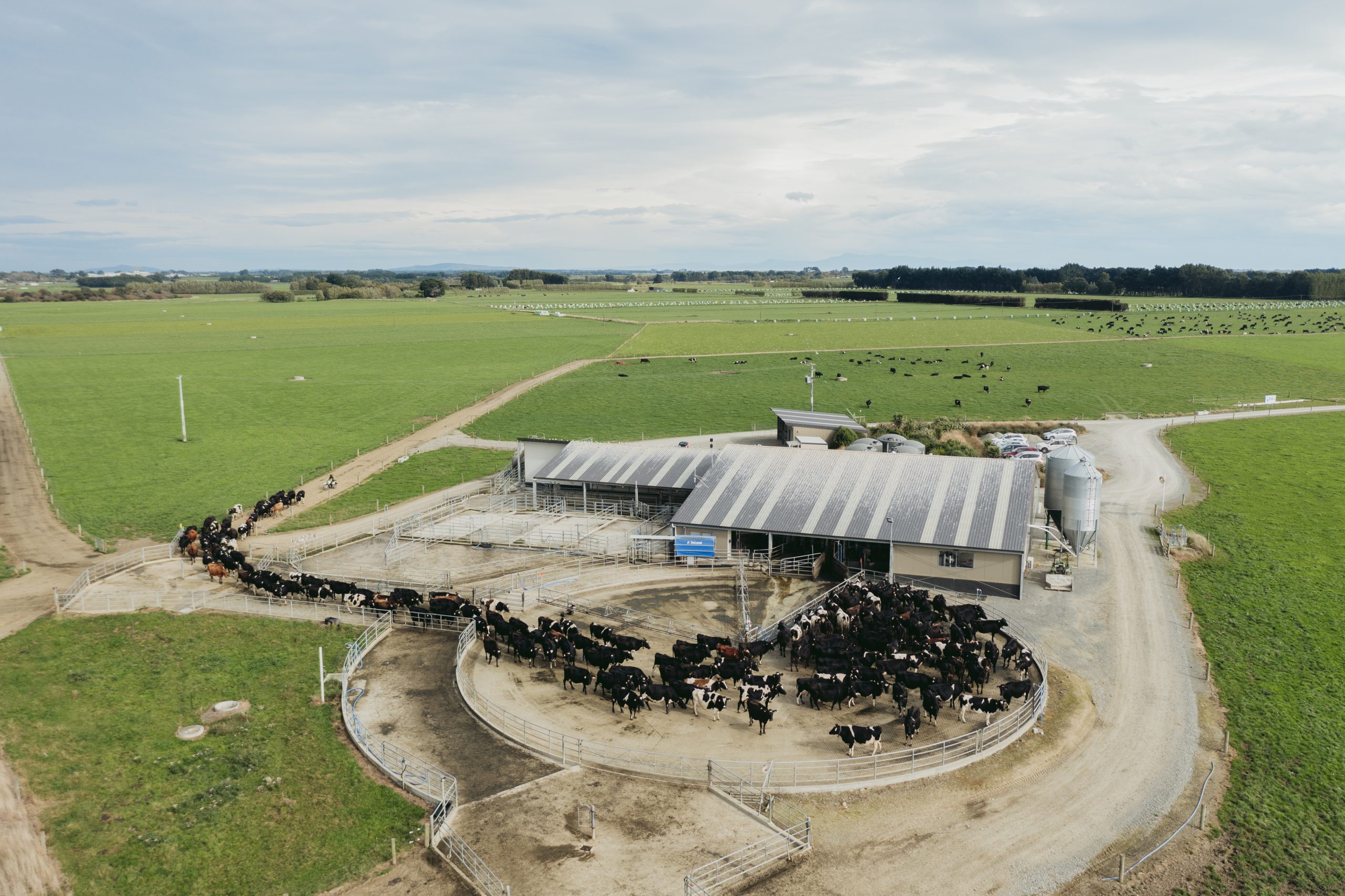Resilient Pastures get funding
A new programme has been approved to research more resilient pastures and farm systems to help address the issue of declining pasture harvested in the Upper North Island. Words Jacob Quinn.
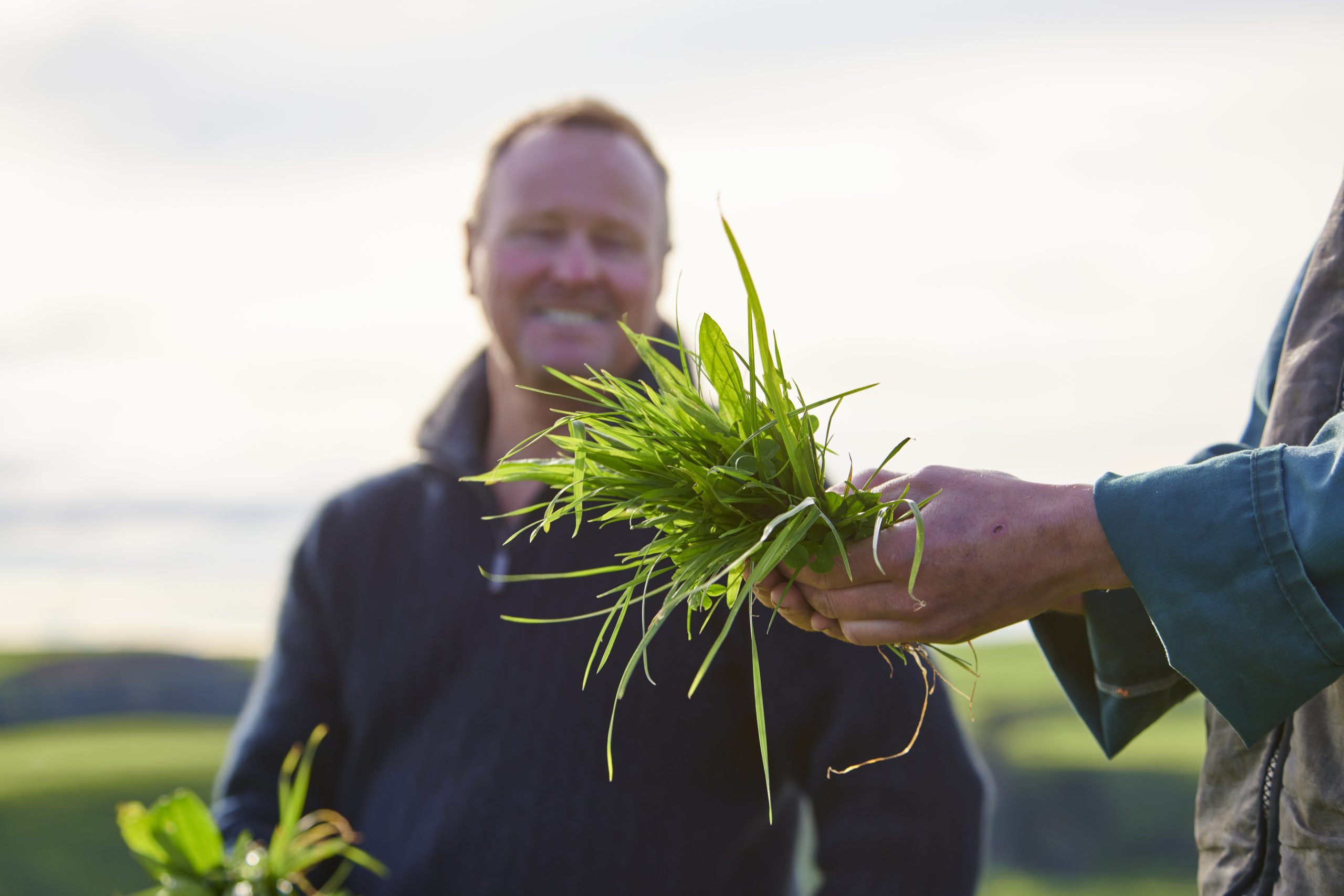
Poor pasture persistence is an increasing concern for many New Zealand farmers. DairyBase data shows a growing trend of declining pasture harvest, by 0.5 to 1 tonne of drymatter per hectare per decade across Waikato and Northland over the past 20 years.
This trend is reflected in Stats NZ data, which shows a 2–3% increase in pasture renewal rates across Waikato and Te Tai Tokerau Northland between 2007 and 2017.
DairyNZ-led modelling suggests pasture production and persistence will continue to decline in the future in the Upper North Island. Factoring this into farm system studies highlights the potential for significant impacts across the entire farm system.
And while Northland is currently facing the most urgency, it is expected that Waikato and Bay of Plenty will soon encounter similar challenges as well.
Pasture is vital to the New Zealand economy. It provides a sustainable, low-cost feed source, underpinning the country’s competitive advantage in global dairy markets. Case studies and data confirm that incremental global warming and changing weather patterns affect feed flow.
Although milk production has remained stable in these affected areas, supplementary feed use and cropping and pasture renewal rates have increased, potentially masking the impact of climate on pasture. While these strategies are viable, they can affect farm profitability and the environment.
Increased pasture renewal and cropping also have downsides, including soil structure impacts and loss of nitrogen and carbon. Farmers have been adapting – trialling different pasture species, adjusting management practices and testing new approaches.
DairyNZ welcomed the recent government announcement of a $17 million funding package for a seven-year collaborative science and research programme – Resilient Pastures – which will seek to solve this challenge.
The Resilient Pastures programme is a seven-year initiative led by DairyNZ with MPI through the Primary Sector Growth Fund and industry partners Beef + Lamb New Zealand. It focuses on enhancing pasture performance and persistence on dairy, sheep and beef farms across the upper North Island.
“This is one where we need to work together to ensure we can adapt and remain productive and sustainable in a changing climate,” DairyNZ Chair Tracy Brown says.
“It’s a real concern for the country as a whole as it poses a threat to our pasture-based value proposition and to dairy as our biggest export earner. The solutions we discover and help farmers to adopt during this project will ultimately benefit all regions across the country. The strength of the Resilient Pastures programme lies in its grassroots focus.”
The programme will bring together farmers and industry to identify pasture species and management practices that are more resilient to climate variation and extreme weather events – both now and in the future. The solutions aim to be practical, profitable, and environmentally sustainable.
“Pasture-based farming is what makes our food production unique when compared to much of the rest of the world and earns us our reputation as a producer of premium products,” Tracy says. “Ensuring pasture resilience in a changing climate is critical to our future.
“This programme is about farmers leading the way – they’re identifying the challenges and helping shape the research that will deliver the tools we need to stay ahead.”
The study is led by DairyNZ with support from Beef + Lamb New Zealand, the T.R. Ellett Agricultural Research Trust, Hine Rangi Trust, NDDT, Barenbrug, and Fonterra.
The research is jointly funded by the government’s Primary Sector Growth Fund (PSGF), which focuses on achieving positive outcomes for New Zealand by removing barriers to growth and capitalising on opportunities for the primary sector.
The Resilient Pastures programme brings together farmers, industry, researchers, Māori, and government to address the impacts of climate change on pastoral farming in New Zealand.
The first step is to understand the climate in the three regions, Northland, Waikato and Bay of Plenty, at a sub-regional level, and the climatic impact on pasture persistence, DairyNZ Senior Scientist Elena Minnee says.
“We want to increase our knowledge and understanding of what climate farmers are going to need to adapt to now and into the future.”
Part of that work is looking at high-production agriculture in similar climates in other countries and looking to connect farmers and researchers between those countries.
The second focus is to engage with farmers and get them involved to boost knowledge and awareness of what is happening with pasture persistence on farm and how farmers are managing it.
“We are looking for farmers to really inform the research we are doing, finding farmers who are managing pasture persistence variability and what we can learn from them, to put some research around it. We will also be looking for farmers willing to test things on farm and how things perform under real conditions. It’s co-designed – we want farmers involved the whole way through.”
Resilient Pastures Programme Projects
Project 1: Climate Understand and communicate what climates pastoral farming must adapt to and when.
Project 2: Forage options Identify climate-resilient pasture species and management techniques. Develop decision support tools for species selection and management.
Project 3: Optimised farm systems Profitable and sustainable farm systems through integrating resilient pastures and practices.
Project 4: Adoption Widespread adoption of resilient pastures and practices. Build collaborative networks to co-develop solutions and shared learning.
To get involved in the Resilient Pastures programme or find out more, visit dairynz.co.nz


